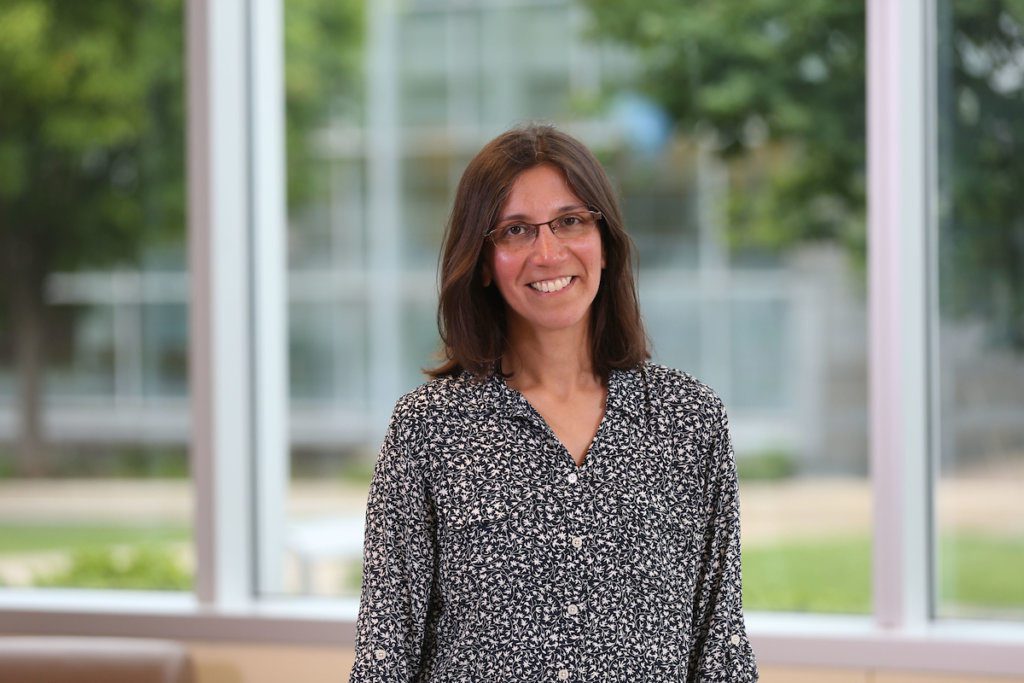Oct 17, 2019Purdue scientist sending tomatoes into space
Any trip to Mars, likely to take a year or longer, will require astronauts to grow at least some of their own food along the way since it can cost $10,000 to send a pound of anything just as far as Earth’s orbit. Astronauts will need the nutrients provided by fruits, leafy greens and other vegetables grown during their journey.
Before a journey to Mars happens, however, scientists need to answer fundamental questions about how life is affected by spaceflight and low- or no-gravity environments. Purdue University’s Anjali Iyer-Pascuzzi aims to improve the odds of successful crops with a recently awarded NASA grant to understand the effects of spaceflight and simulated microgravity on plant defense responses.
“We can’t just assume that plant defense mechanisms work the same way in space flight as they do on Earth,” said Iyer-Pascuzzi, an associate professor in the Department of Botany and Plant Pathology. “There’s evidence that microgravity may alter cell walls, and we know that the cell walls are barriers to plant pathogens.”
Iyer-Pascuzzi has designed two experiments for astronauts to carry out on the International Space Station (ISS). The results will be compared with similar experiments conducted on Earth. The date for her experiments to be taken to the ISS is still being finalized.
On the ISS, astronauts will grow three sets of Moneymaker tomatoes in the Advanced Plant Habitat (APH), a chamber that has been used to study plant growth in space. One set of the tomatoes will be an immune-compromised mutant, another will be given a hormone that boosts plant defenses, and a third will be a control.
The APH will take regular photos that will allow Iyer-Pascuzzi to monitor growth. And astronauts will regularly clip and save leaves they will bring back to Iyer-Pascuzzi. In the lab, her team will analyze RNA extracted from those leaves to determine how genes were expressed at different times.
Those plants will be compared not just with each other, but against the same types of tomato plants grown here on Earth. Iyer-Pascuzzi’s colleagues at the University of Delaware will grow pathogen-infected tomatoes in a clinostat, a device that mimics low- and no-gravity conditions, to test how low gravity alters a pathogen’s ability to live in plant roots.
“These experiments will tell us a lot about the differences in how spaceflight affects the expression of genes related to plant defenses. We’ll see if plants in space and in other low-gravity situations are different than what we see with control plants in a lab,” Iyer-Pascuzzi said.
“NASA has been talking about going to Mars or long-term missions to the moon, and it’s been working for years on the systems necessary to grow food there,” Iyer Pascuzzi added. “Plant defenses are critical components of that. What we learn here will get us a little closer the goal of longer space missions.”
Above, Anjali Iyer-Pascuzzi. Photo: Purdue University















